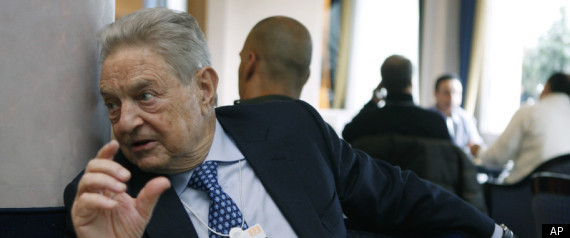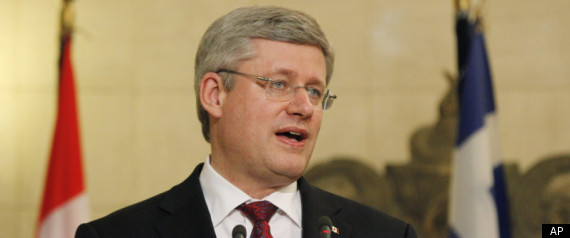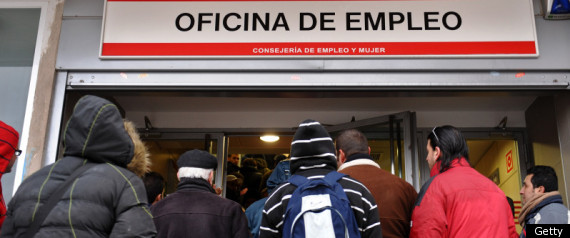U.S. law enforcement agencies are exposing people to radiation in more settings and in increasing doses to screen for explosives, weapons and drugs. In addition to the controversial airport body scanners, which are now deployed for routine screening, various X-ray devices have proliferated at the border, in prisons and on the streets of New York.
Not only have the machines become more widespread, but some of them expose people to higher doses of radiation. And agencies have pushed the boundaries of acceptable use by X-raying people covertly, according to government documents and interviews.
While airport scanners can show objects on the surface of the body, prisons have begun to use X-rays that can see through the body to detect contraband hidden in cavities. U.S. Customs and Border Protection is in the process of deploying dozens of drive-through X-ray portals to scan cars and buses at the border with their passengers still inside.
X-ray scanners have been tested at ferry crossings, for visitor entries at the Pentagon and for long-range detection of suicide bombers at special events. And drawing the ire of privacy groups, Customs and the New York Police Department have deployed unmarked X-ray vans that can drive to a location and look inside vehicles for drugs and explosives.
Most federal health regulations for medical X-rays do not apply to security equipment, leaving the decision of when and how to use the scanners almost entirely in the hands of security officials.
Although the 9/11 attacks provided the impetus and prompted the spending to develop such equipment, most of the machines have been deployed only in the last few years. New attacks and ever-tighter security measures have made law enforcement officials more willing to expose the public to X-ray devices that were once taboo.
Not only have the machines become more widespread, but some of them expose people to higher doses of radiation. And agencies have pushed the boundaries of acceptable use by X-raying people covertly, according to government documents and interviews.
While airport scanners can show objects on the surface of the body, prisons have begun to use X-rays that can see through the body to detect contraband hidden in cavities. U.S. Customs and Border Protection is in the process of deploying dozens of drive-through X-ray portals to scan cars and buses at the border with their passengers still inside.
X-ray scanners have been tested at ferry crossings, for visitor entries at the Pentagon and for long-range detection of suicide bombers at special events. And drawing the ire of privacy groups, Customs and the New York Police Department have deployed unmarked X-ray vans that can drive to a location and look inside vehicles for drugs and explosives.
Most federal health regulations for medical X-rays do not apply to security equipment, leaving the decision of when and how to use the scanners almost entirely in the hands of security officials.
Although the 9/11 attacks provided the impetus and prompted the spending to develop such equipment, most of the machines have been deployed only in the last few years. New attacks and ever-tighter security measures have made law enforcement officials more willing to expose the public to X-ray devices that were once taboo.




























